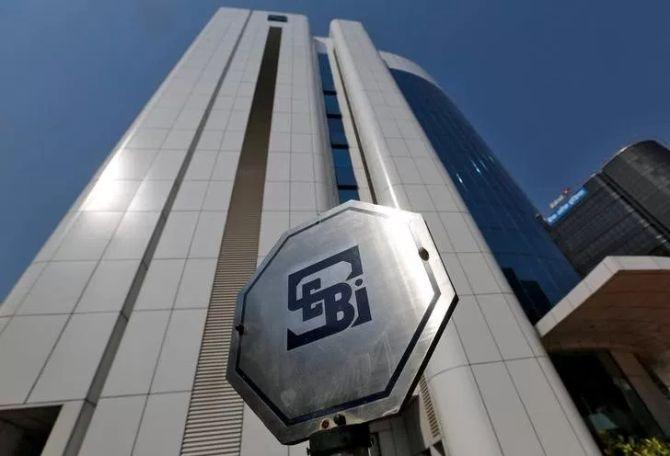The Securities and Exchange Board of India (Sebi) plans to roll out a new regulatory framework for registrar and transfer agents (RTAs) – the market intermediaries responsible for the record-keeping of bondholders and shareholders after a company offers securities to the public.

The markets regulator, sources said, is considering a multifold increase in net-worth requirement, a move that may dissuade companies from having in-house RTAs for record-keeping.
At present, the minimum net worth required for RTAs is Rs 50 lakh and Rs 25 lakh in categories I and II, respectively.
The net worth requirement could be increased to Rs 10 crore for qualified RTAs and Rs 5 crore for other RTAs.
Category I RTAs can act as both registrars to an issue and share transfer agents, while category II RTAs can take up either of these roles.
Industry sources said a majority of bigger RTAs already have a higher net worth, and the higher net worth requirement may impact several in-house RTAs and push the inactive ones to surrender their licence.
The sources said the regulator is planning to float a discussion paper on this matter.
The move comes at a time when RTAs are focusing on capacity building and technology advancements amid regulatory changes, such as a shorter T+3 cycle for the IPO allotment process and listing.
Also, increasingly, regulators globally are trying to stay ahead of the curve when it comes to financial crime and cybersecurity risks.
“The increase in the role and activities of RTAs also warrants an increased net-worth requirement to ensure that they have adequate financial capacity that would enable them in developing efficient systems and infrastructure, adopting better technology, and providing better services to the investors and companies being serviced by them,” said a source privy to the development.
The sources said that the regulator may give RTAs not meeting the minimum net-worth requirement three years to comply.
Queries sent to Sebi remained unanswered.

The regulator, the people in the know said, is also reviewing specific infrastructure requirements, such as minimum space requirement, separate server rooms, and at least one full-time employee for every 10,000 physical folios serviced.
Further, Sebi is looking to enhance obligations for top RTAs and introduce an institutional mechanism to prevent fraud – on the lines of measures it has been adopting for the brokerage industry.
According to the Sebi website, there are more than 75 certified RTAs.
However, Computer Age Management Systems (CAMS), Kfin Technologies, and Link Intime are the only qualified RTAs and account for most of the market share.
Not all RTAs registered with Sebi are active at present.
Companies like ITC, ACC, and Apollo Tyres are also registered as RTAs.
The licensing requirement was for the companies which preferred to carry out investor-servicing functions in-house.
“In the recent past, Hindalco, Lupin, Indian Hotels, and East India Hotels have moved from in-house investor-servicing to a third-party RTA.
"As per the active discussions, Sebi is advocating that companies which still have in-house RTAs move to a third-party RTA because maintaining in-house department calls for a lot of efforts and resources as the regulations and technology evolve,” said Kishor Thakkar, MD, Link Intime India.












 © 2025
© 2025